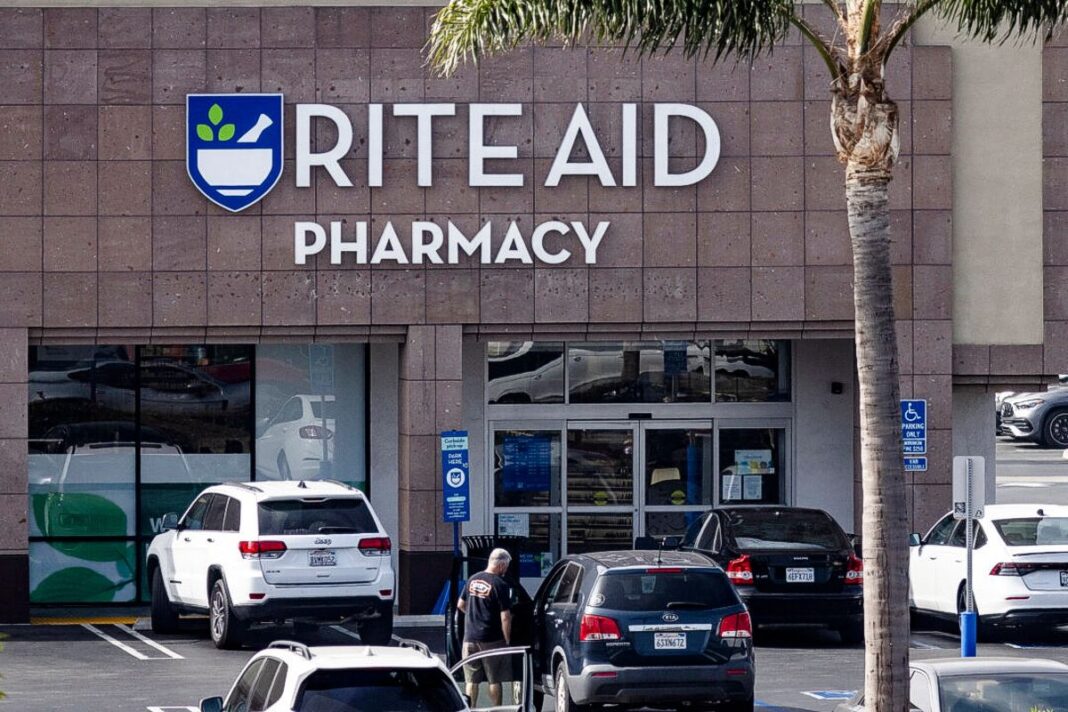The landmark agreement lowers tariffs on items such as whiskey, advanced manufacturing parts, lamb, salmon, chocolates, and biscuits.
India and the United Kingdom have finally agreed on a trade deal that has been in negotiations for years.
The landmark deal with its old colonial possession represents Britain’s most significant post-Brexit agreement.
The deal, between the world’s fifth and sixth-largest economies, took three years of fitful negotiations.
The aim was to increase bilateral trade between London and New Delhi by a further 25.5 billion pounds ($34 billion) by 2040, with liberal market access and relaxed trade restrictions.
“In a historic milestone, India and the UK have successfully concluded an ambitious and mutually beneficial Free Trade Agreement, along with a Double Contribution Convention,” Indian Prime Minister Narendra Modi said on social media platform X.
Delighted to speak with my friend PM @Keir_Starmer. In a historic milestone, India and the UK have successfully concluded an ambitious and mutually beneficial Free Trade Agreement, along with a Double Contribution Convention. These landmark agreements will further deepen our…
— Narendra Modi (@narendramodi) May 6, 2025
“These landmark agreements will further deepen our Comprehensive Strategic Partnership, and catalyze trade, investment, growth, job creation, and innovation in both our economies.”
The deal lowers tariffs on goods such as whisky, advanced manufacturing parts, and food products such as lamb, salmon, chocolates, and biscuits, as well as agreeing on quotas on both sides for auto imports.
The deal lowers Indian tariffs, some of the world’s highest, on a number of British products sold in the country.
Whisky and gin tariffs will be halved from 150 percent to 75 percent, before dropping to 40 percent by the 10th year of the deal, benefiting Scotland’s Scotch industry and making the beverage cheaper in whisky’s largest market.
India will also slash automotive tariffs to 10 percent under a quota from the more than 100 levies currently in place.
Among other British goods facing lower levies are cosmetics, medical devices, electrical machinery, soft drinks, and chocolate.
In turn, UK tariffs have been cut on Indian clothing, footwear, and food products, including frozen prawns.
It also covers rules of origin regulations, giving manufacturers access to lower tariffs even if they use inputs from other places.
And the agreement includes provisions on the services sector and procurement, allowing UK companies to compete for more contracts in India.
Additionally, the deal will see the two countries strike a “double contribution convention,” highlighted by New Delhi’s Trade Minister Piyush Goyal on X, which means Indian workers temporarily in the UK will not pay national insurance contributions for three years, with the same applying to British workers in India.
Under the guidance, leadership, and constant encouragement of Hon’ble PM @NarendraModi ji, India achieves another historic milestone. 🇮🇳🤝🇬🇧
— Piyush Goyal (@PiyushGoyal) May 6, 2025
The #IndiaUKFTA, along with a Double Contribution Convention, is a bold, future-ready step that will unlock growth, jobs, and… https://t.co/9lZQgPMuPR
By Guy Birchall







